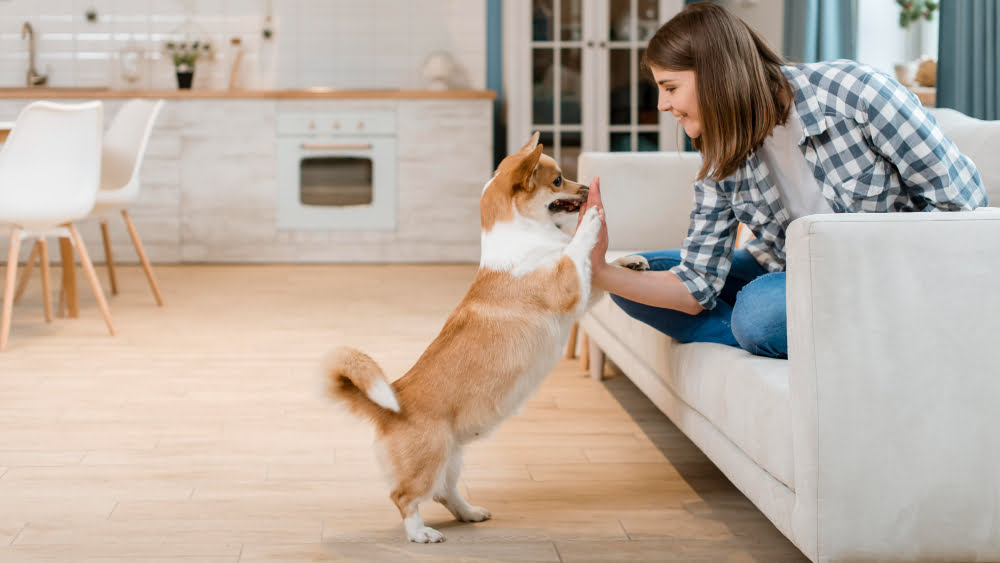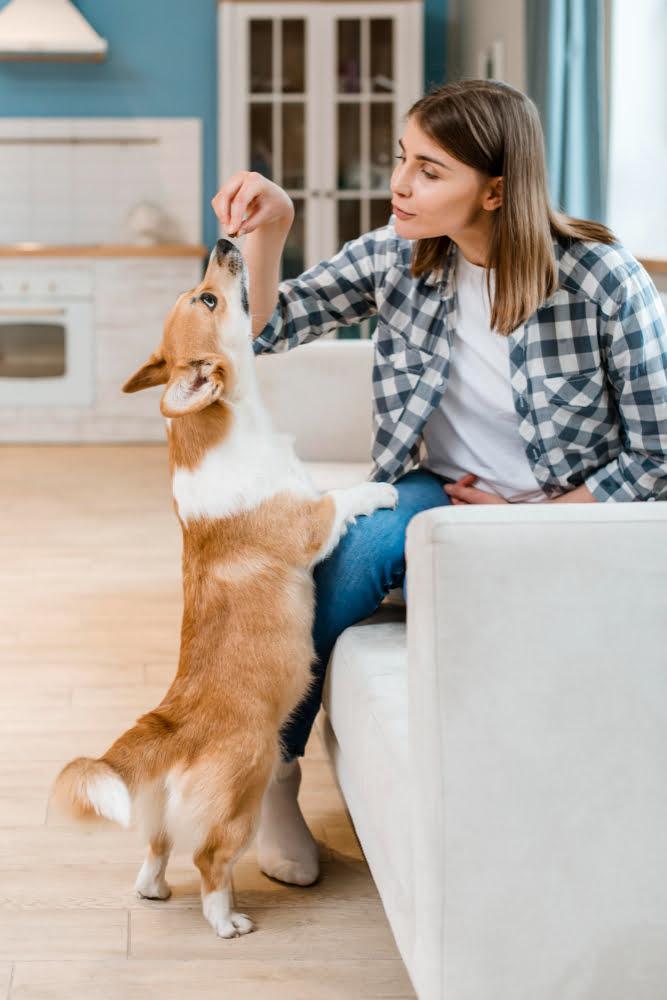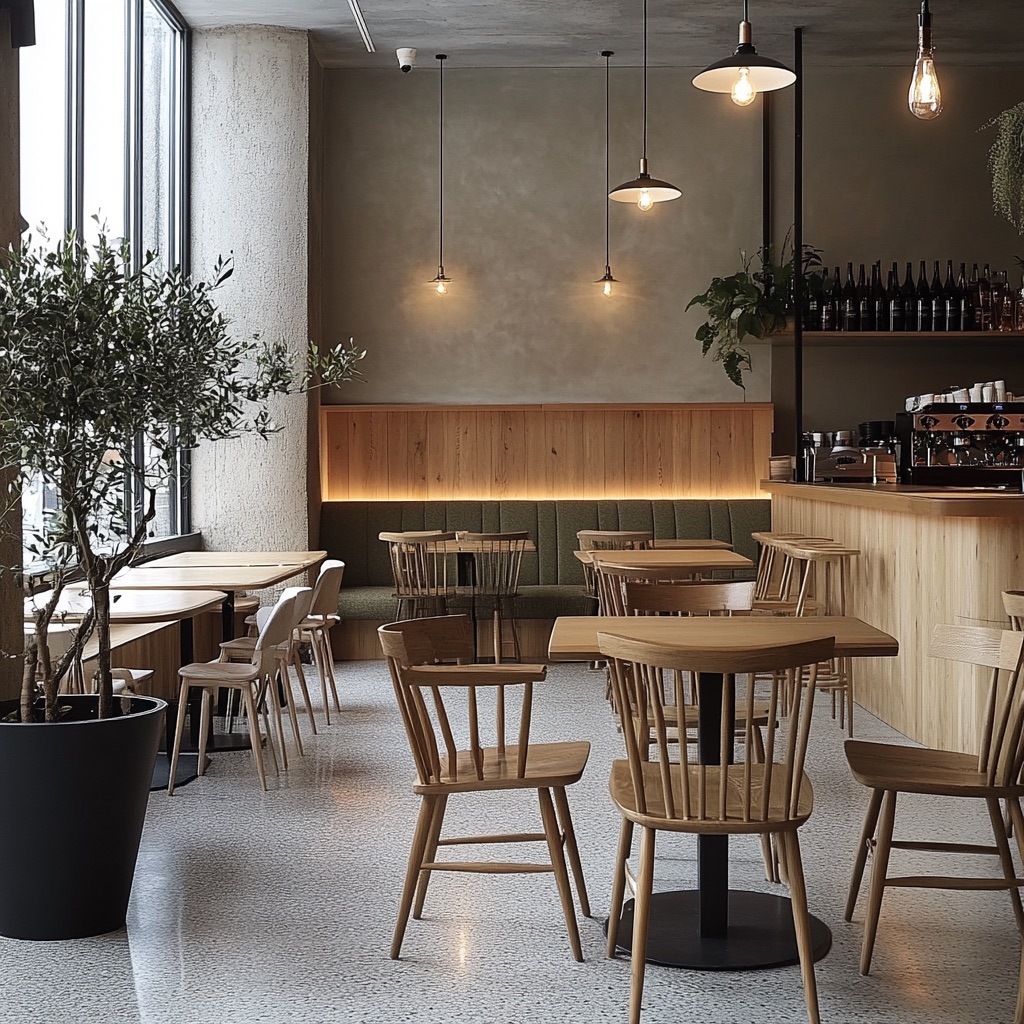Last updated on
Rewarding your dog for good behavior is a fundamental aspect of effective canine training and fostering a harmonious household environment. It not only promotes desired behaviors but also strengthens the bond between you and your furry friend.
This article explores the importance of rewards in positively reinforcing your dog’s good behavior in and around the house, and how it contributes to developing a well-behaved, obedient, and happy dog.
Understanding Positive Reinforcement

Positive reinforcement is a powerful tool in dog training, where rewards serve as the motivating factor for a dog to repeat desired behaviors. It works on the simple principle that behaviors followed by pleasant outcomes are likely to repeat. When your dog realizes that good behavior brings treats or praise, he is more likely to repeat that behavior.
Training dogs through positive reinforcement is not only effective but also builds a relationship based on trust and cooperation. Instead of instilling fear or uncertainty, it provides a constructive way to guide your dog into understanding what is expected of him.
Furthermore, positive reinforcement can significantly improve a dog’s confidence. They feel rewarded not just for the treat, but for successfully achieving a task or command. This can be particularly beneficial for dogs with a shy or anxious disposition, helping them grow more comfortable and confident in their surroundings.
You keep your dog healthy with raw dog treats and reward him for being in good behavior. It’s important to note that positive reinforcement should always be accompanied by clear and consistent communication, as well as proper timing of rewards.
The Power of Verbal Praise
Verbal praise is a simple but effective way of rewarding your dog. A cheerful “Good boy!” or “Well done!” can make a world of difference in reinforcing good behavior. Dogs are acutely sensitive to their owners’ tone of voice and can pick up on happiness, approval, and excitement.
Just like humans, dogs crave social interaction and approval. Verbal praise fulfills this innate desire, making them feel loved and appreciated. It also strengthens the bond between the owner and the pet, fostering a deeper connection based on mutual trust and respect.
In addition to strengthening your bond, consistent verbal praise also helps in shaping your dog’s behavior over time. The more you reward good behavior with positive, enthusiastic words of encouragement, the more likely your dog is to behave well consistently.
Importance of Consistent Rewards

Consistency is key when it comes to rewarding good behavior in dogs. If you reward your dog inconsistently—praising him one day for not begging at the table but ignoring the same behavior the next day—he may become confused about what is expected.
Consistent rewards signal to your dog that good behavior always yields positive results. This way, your dog will understand that good behavior is not a one-time thing, but a standard to be maintained.
Remember, however, that consistency does not mean predictability. Vary the rewards you offer—treats, toys, affection—to keep your dog motivated and interested.
Utilizing Treats for Training
Treats can be a powerful training tool when used correctly. They serve as a clear, tangible reward for your dog and can be especially useful when teaching him new commands or tricks. The instant gratification of a treat can motivate your dog to perform the desired behavior.
However, it’s essential to use treats wisely. They should be small and not contribute significantly to your dog’s daily calorie intake. Too many treats can lead to weight gain and health problems.
Treats should also be used as part of a balanced approach to rewards. They can be combined with verbal praise and petting to ensure your dog doesn’t become dependent on food rewards alone.
Affection as a Reward
Affection can be a powerful reward for dogs. A pat on the head, a belly rub, or a few minutes of playtime can go a long way in signaling to your dog that he’s done something good.
This form of reward fosters a loving relationship between you and your pet. It satisfies your dog’s need for attention and affection, making him feel secure and loved.
Remember, each dog is unique and what works as a reward for one might not work for another. Some dogs may value a game of fetch more than a treat, while others might just want a good cuddle. Understanding your dog’s preferences is key to effective reward-based training.
The Takeaway
The importance of rewards in your dog’s good behavior around the house cannot be overstated. Rewards serve as a powerful motivator and reinforcement tool, strengthening your bond with your pet and ensuring consistent positive behaviors. Whether it’s through treats, verbal praise, or affection, make sure to consistently reward your dog for his good behavior and watch him thrive into a well-behaved and happy companion.
Recap:



